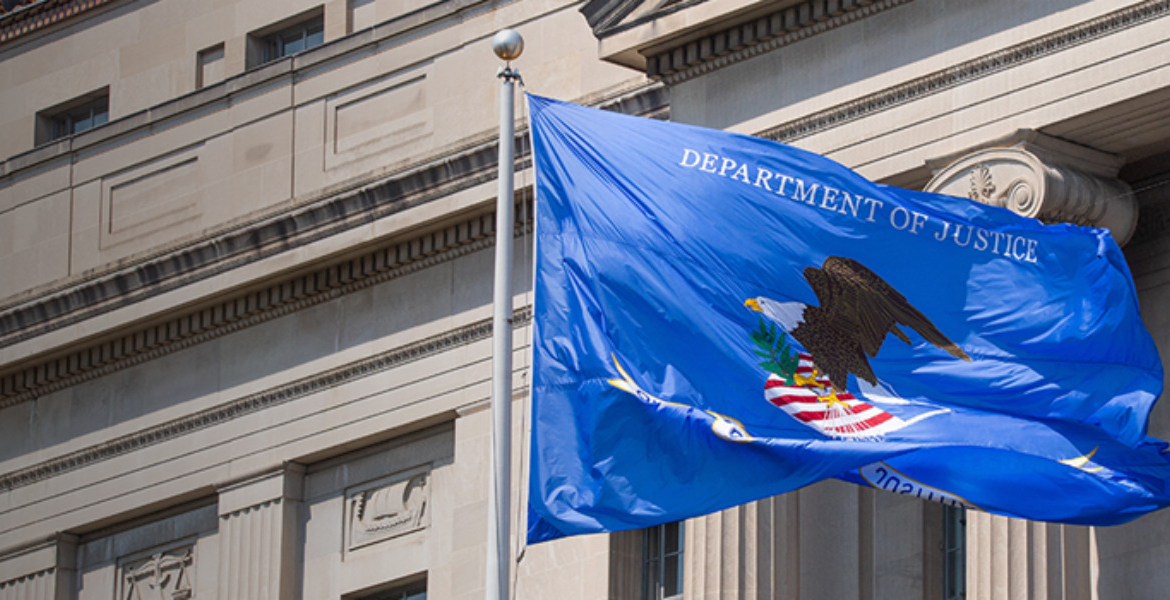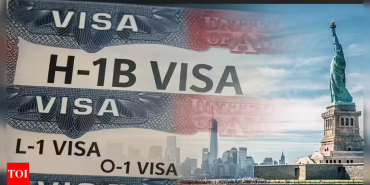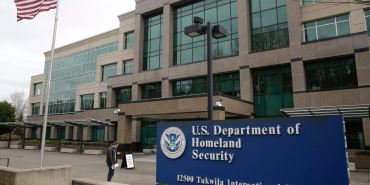US Launches DNA Testing to Verify Sponsors of Unaccompanied Migrant Minors

The Trump administration has initiated a comprehensive review of the placements of approximately 450,000 unaccompanied migrant children who entered the United States via the US-Mexico border during the Biden administration.
Federal officials, including agents from the Department of Homeland Security (DHS) and the Federal Bureau of Investigation (FBI), have been dispatched to conduct welfare checks on these minors. Government officials assert that the review is essential to safeguard the well-being of the minors, citing past instances where inadequate vetting of sponsors resulted in children being placed in vulnerable situations. The Department of Justice (DOJ) has already indicted at least one individual accused of deceiving officials to gain custody of a 14-year-old girl.
The Trump administration contends that existing placement protocols were mismanaged under Biden, leading to instances where insufficient background checks resulted in migrant children being placed in potentially unsafe environments. The review aims to identify such cases and prevent future exploitation, officials claim. During a Cabinet meeting, Health Secretary Robert F. Kennedy Jr. referenced the initiative, stating that his department was actively working to “find the children.”
The Department of Health and Human Services (HHS) subsequently reinforced this message via social media, describing the effort as a necessary measure to uphold child safety standards. Despite these assurances, immigrant rights organisations remain sceptical, pointing to the administration’s broader policies regarding undocumented individuals. Mary Miller Flowers, policy director at the Young Centre for Immigrant Children’s Rights, cautions that the review could inadvertently lead to the deportation of parents and other family members who agreed to take in the children.
“Now you have a situation where the government is checking on the wellness of children and encountering their undocumented parents and deporting them,” Flowers said. “I don’t know what about that is good for children.”
According to sources within HHS, more than 65,000 complaints regarding child placements have been logged since 2023. Among them, 450 cases have been flagged for federal law enforcement review this year alone. Authorities have already intervened in at least 100 cases, removing children from their sponsors’ homes and transferring them into federal custody. Investigators are particularly focused on individuals known as “super sponsors,” who have claimed custody of multiple unaccompanied minors, sometimes numbering more than a dozen.
These cases raise suspicions about fraudulent activity, prompting in-depth examinations of sponsorship applications and claims of family relationships. Federal authorities have also begun conducting unannounced welfare checks in various states, including Hawaii, Ohio, and Virginia. Reports indicate that armed law enforcement officers in tactical gear have shown up at residences to interview children and their sponsors, further fueling concerns that the initiative could serve as a pretext for immigration enforcement.
While the FBI maintains that these visits are intended solely to ensure child safety, critics argue that involving federal agents in the process could deter children from speaking openly about potential mistreatment, particularly when their sponsors or guardians face the threat of deportation. One of the most high-profile cases linked to the review involves a man in Ohio who falsely claimed to be the brother of a 14-year-old girl from Guatemala. Federal officials say the individual arranged for fraudulent documentation to support his claim and took custody of the child under the sponsorship program.
Court records indicate that the man later pleaded guilty to sexual battery and was sentenced to eight years in prison. He now faces additional federal charges, including identity theft and facilitating unlawful entry for financial gain. Government officials cite incidents like this as justification for strengthening vetting procedures, including more rigorous identity verification protocols, fingerprinting requirements, and DNA testing for adults seeking to sponsor migrant children. However, critics argue that such measures could make it increasingly difficult for children to leave federal custody, prolonging their detention in government-operated shelters.
While the Trump administration insists its actions are motivated by a commitment to child safety, immigrant rights groups worry that the policy is primarily being used as an enforcement tool that disproportionately impacts vulnerable families. With thousands of migrant children already placed with relatives, many fear that federal scrutiny will disrupt stable living arrangements and result in large-scale deportations. Videos and reports of law enforcement agents entering homes across the country have contributed to mounting anxiety among affected families.
The administration has defended its revised sponsorship rules, arguing that the stricter requirements are necessary to ensure that children are placed in safe and secure environments. Officials believe that enhanced vetting procedures will help prevent exploitation and reduce instances of fraud within the system. The current review of migrant child placements is occurring within a broader context of heightened immigration enforcement under the Trump administration. Since taking office, President Trump has prioritised stricter border security and increased deportations, leading to significant policy shifts that impact both documented and undocumented immigrants.








Add new comment